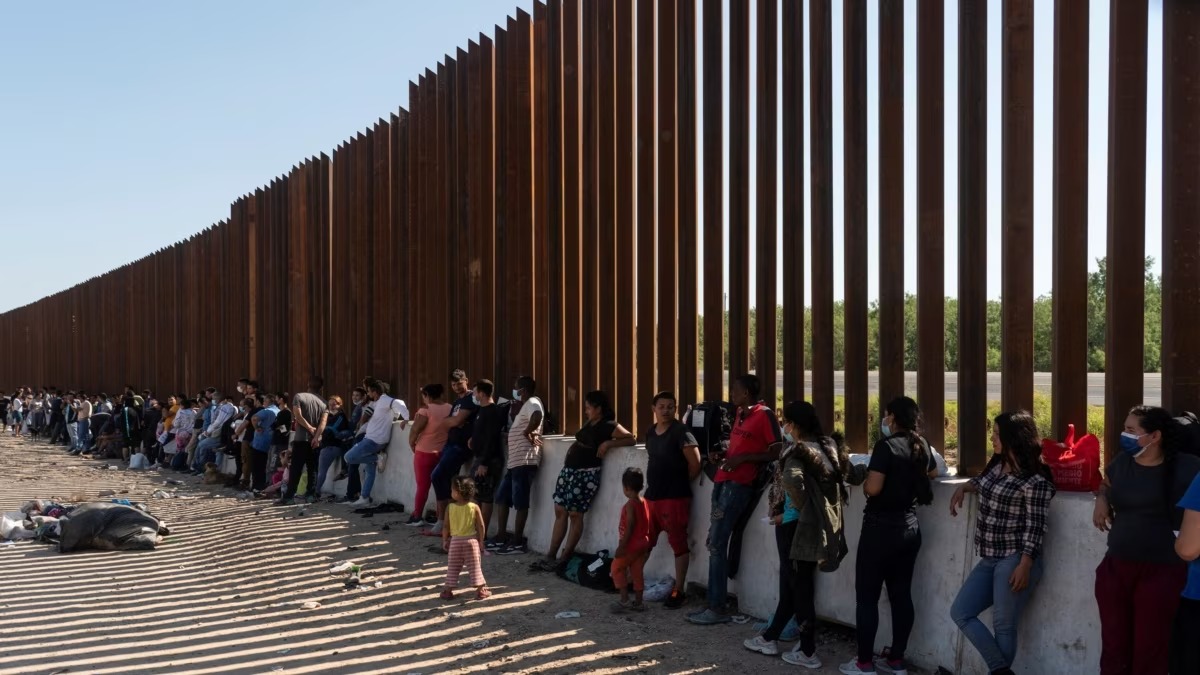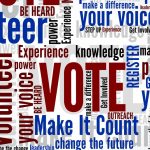Recent polls indicate that immigration is a prominent concern for millions of Americans, surpassing traditional domestic issues as the nation’s most pressing problem.
A Gallup survey revealed that immigration is causing more apprehension among Americans than the economy or general government-related matters. A Monmouth University Poll found that most respondents support the construction of a border wall, marking the first time this threshold was reached since 2015.
However, political scientists and experts argue that negative attitudes toward immigration might be more linked to the current focus on the topic rather than a genuine crisis affecting Americans’ day-to-day lives.
Guadalupe Correa-Cabrera, a political scientist at George Mason University, emphasizes that the perception of an “immigration spectacle” is driven by political narratives and the politics of fear rather than a tangible crisis.

Polling data from last summer also indicated a decline in the percentage of respondents who viewed immigration as a “good thing.” However, experts argue that the current political emphasis on immigration is influencing public perception, particularly in the lead-up to a contentious presidential election.
President Joe Biden has adjusted his messaging on immigration amid growing concerns that it could impact his reelection prospects. The issue has gained significant attention from both parties, with former President Donald Trump focusing heavily on immigration in his campaign.
House Republicans have taken action against Homeland Security Secretary Alejandro Mayorkas, accusing him of mishandling the migrant crisis at the southern border.
As Biden and Trump make visits to the southern border, political scientists like Rachael Cobb from Suffolk University suggest that polling trends are influenced by political maneuvering. Cobb notes that Congress attempted to address the issue, but Trump’s opposition kept it alive as a political talking point.
Michael P. McDonald from the University of Florida points out that increased media coverage can make the public more aware of immigration issues, especially during elections.
While the rhetoric surrounding the situation at the U.S.-Mexico border is debatable, recent data shows record levels of migrants attempting to enter the country during Biden’s presidency.
However, the tangible impact on Americans living far from the border remains challenging to measure. Some governors have bused migrants to distant cities, testing how residents respond.
It is crucial to consider the nuanced nature of immigration, including its positive impact on the economy. An Economic Policy Institute analysis found that approximately 50% of recent labor market growth came from foreign-born workers.
Despite this complexity, polling tends to oversimplify the issue, focusing on public perception rather than policy implications. Immigration remains a multifaceted issue with potential economic benefits and challenges, which may not be fully reflected in polling results.

